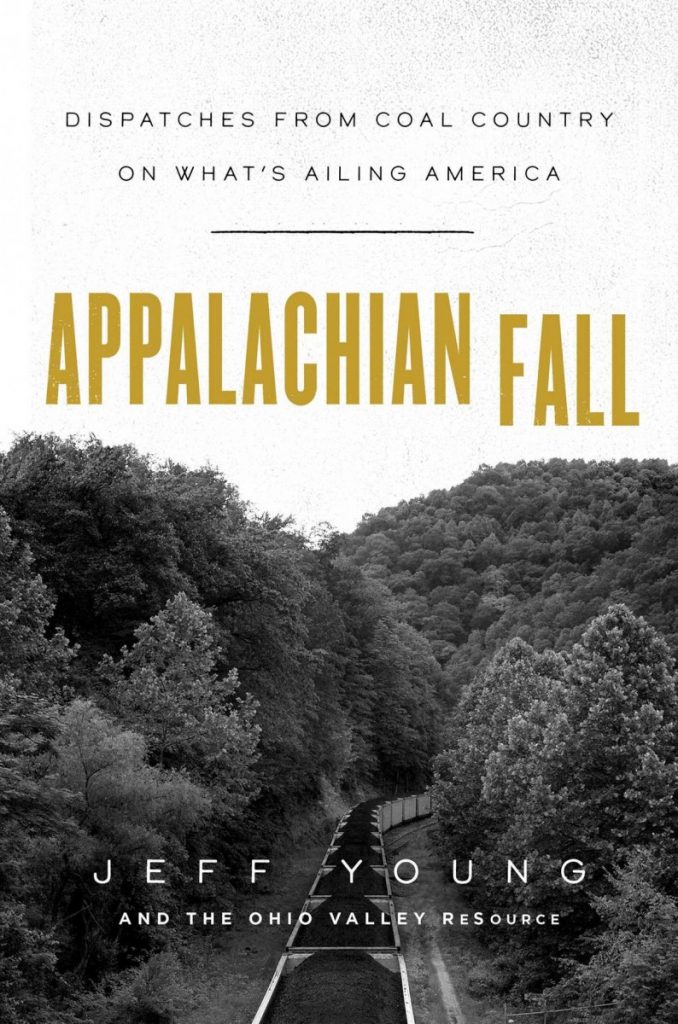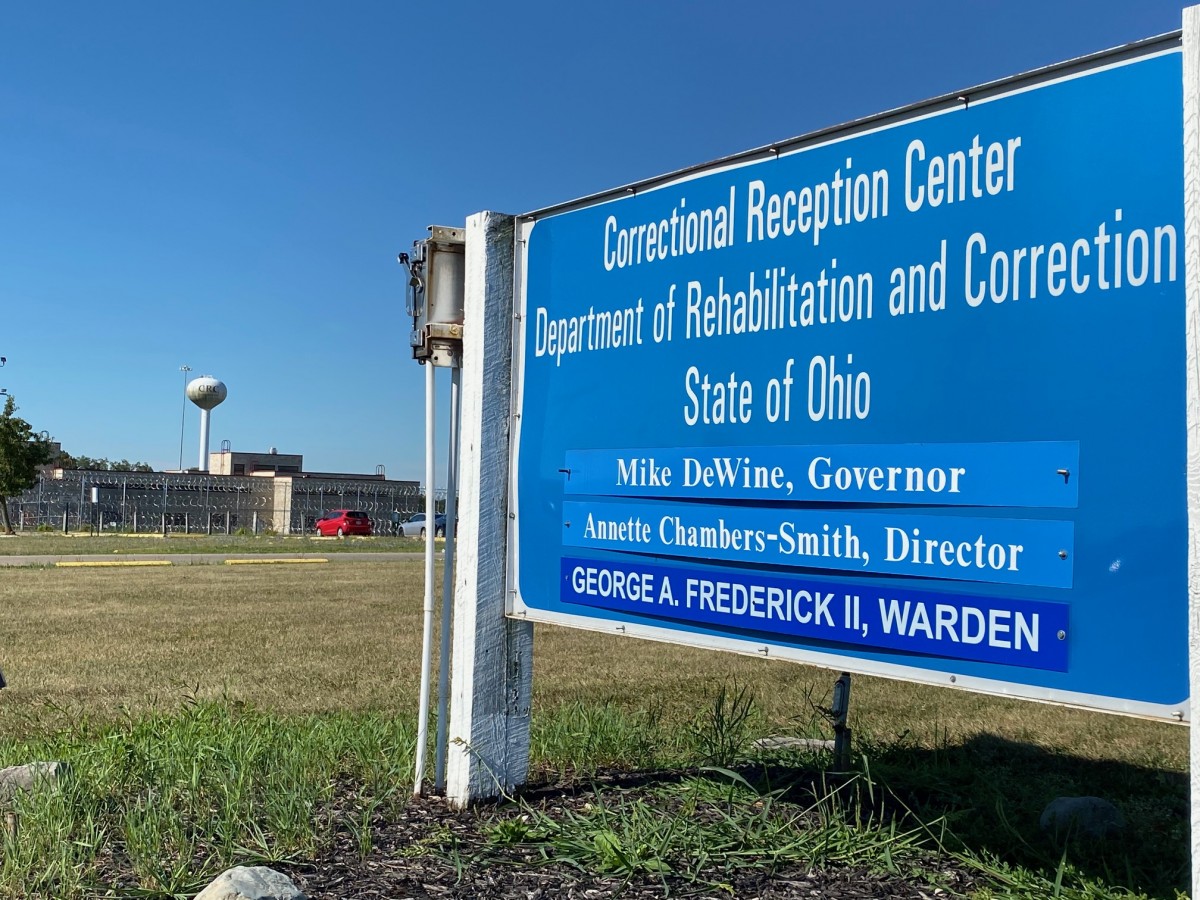Appalachia has many strengths and faces many challenges. Some of those are addressed in a new book produced by the Ohio Valley ReSource, a public media reporting collaborative made up of reporters from West Virginia, Ohio and Kentucky.

The book is titled “Appalachian Fall: Dispatches from Coal Country on What’s Ailing America.” It is based on the group’s reporting on topics such as the miners’ strike in Harlan County, Kentucky, hemp farming and mountaintop removal.
West Virginia Public Broadcasting’s Eric Douglas spoke with Ohio Valley ReSource’s Jeff Young and Brittany Patterson about the book and some of the stories in it.
This interview has been lightly edited for clarity.
ED: In the preface to the book, you mentioned the concept that West Virginia, or that central Appalachia, is coal, the mentality that we are coal and there’s nothing else here. Where does that come from?
JY: So, the memory that kept coming back to me from childhood growing up in Wayne County, West Virginia, was watching television and there was an ad that I’m sure a lot of listeners will remember. It showed coal mining as this very heroic undertaking, which it is, in many ways, and there was this swelling chorus. It said, “Coal is West Virginia.” That’s a pretty powerful statement. It’s not like, “Oh, yeah, we’re a big part of it. No, we are West Virginia,” It’s like, what are we if we’re not coal here in West Virginia. There clearly is more to West Virginia than just coal. And coal is clearly a big part of our economy and our history and it’s woven into the fabric of our state’s society. But it’s time that we figure out what we are other than just producing coal for the rest of the country.
ED: Brittany, what are some of the most notable parts for you in the book and of your own reporting?
BP: Everyone knows that news doesn’t just stop at a state line or a border and I think especially in a region that’s as closely knit together as the Ohio Valley or Appalachia, I think you find a lot of similarities. It’s really awesome to be able to compare projects that might be happening in one state and sort of shed light on that, that folks in other places in the region might be able to use or to learn from.
ED: Are a lot of the stories that you work on collaborative efforts, or do you just share stories throughout the seven-member stations?
BP: For the Blackjewel story, Sydney (Boles) had about a 45-minute drive over the mountain to get to the campsite in Harlan County, Kentucky. She was able to spend a lot of time out there which was really invaluable, and she made a lot of really strong connections with people who were spending day and night protesting their lost wages. And I had the ability to get on the phone with the economists and to listen into the bankruptcy hearing calls and to go down to Charleston even and sit in some of those bankruptcy hearing cases together. I think it made a really strong reporting team.
ED: Obviously, a lot of the book is on energy and energy issues. Explain to me the concept of a “Just Transition.”
JY: I think for coal-dependent communities, it would have to include some elements. It would have to start with a deep respect and acknowledgement for the contributions that that community has made for the nation as a whole. I mean, this is literally the region that powered America for a century. We wouldn’t have defeated fascism; we wouldn’t have had an industrial revolution. We wouldn’t have had the most enviable economy on the globe without coal miners. And now, are we just going to treat them as disposable? That’s fundamentally unfair.
Look at Martin County, Kentucky, for example. We have a chapter that’s based on Martin County’s inability to deliver clean water. They delivered billions of dollars to the rest of the nation in mineral wealth and now they can’t afford to deliver reliable, clean water to their citizens? How do we expect them to turn the corner and build new jobs and find new sources of revenue when they can’t deliver clean drinking water?
BP: I think fundamentally there’s a growing number of groups that are really working on this idea, especially here in the region. And I think what we hear is they want to be part of the conversation. First and foremost, they don’t want a prescription of, “We’re going to do this and make everything better or different.” It’s listening to those who truly live in the region and understanding what it is that works for their communities.
ED: The book is titled “Appalachian Fall.” Is there a message there or what’s the story behind that?
JY: I landed on the title because in researching, especially the economic and health data, I just kept thinking “we’re falling further behind, we’re falling further behind.” And the unfairness of it really comes through. Also, I think with fall, we are playing on the notion of seasonal cycles. And a fall is followed by other seasons and eventually a season of renewal. And I think that is very much a possibility for Appalachia.
“Appalachian Fall: Dispatches from Coal Country on What’s Ailing America” is now available through Simon and Schuster.
This piece was originally published by West Virginia Public Broadcasting. It is part of a series of interviews with authors from, or writing about, Appalachia.
The Ohio Valley ReSource is supported by the Corporation for Public Broadcasting and West Virginia Public Broadcasting.



